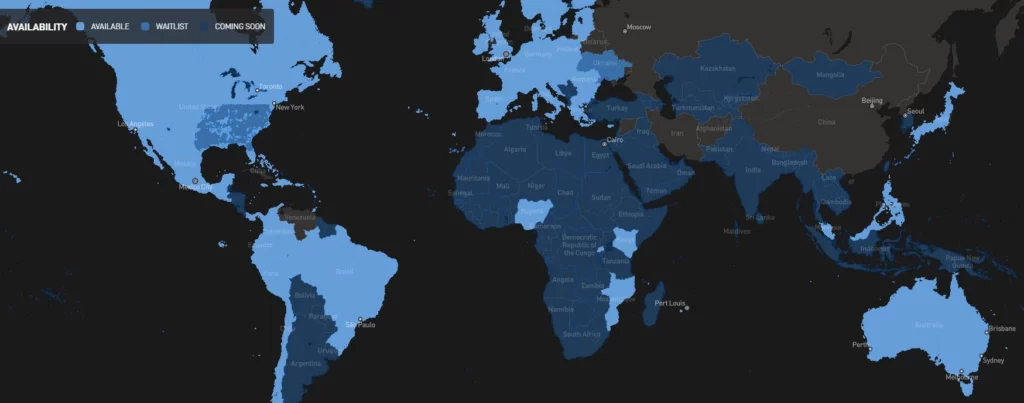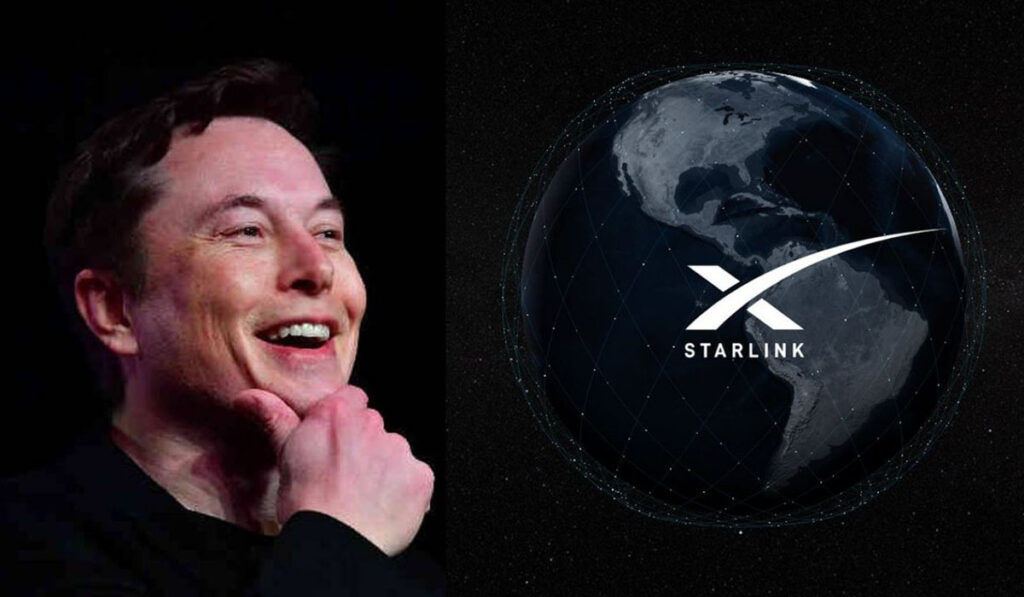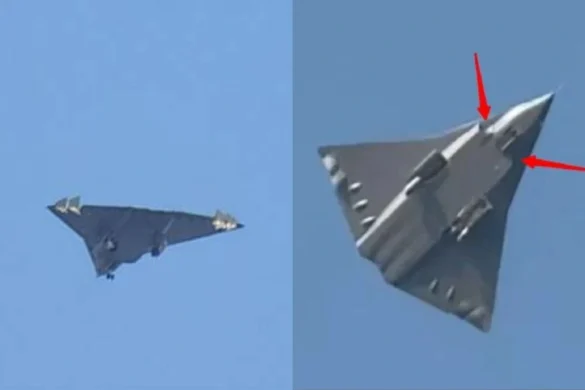Elon Musk’s Starlink may soon provide satellite internet services in India. According to The New Indian Express, citing officials privy to the matter, DoT (Department of Telecom) officials are likely to meet on September 20 to decide whether Starlink will be allowed to operate within the country through proper licences. Starlink’s satellite Internet services are available in 32 countries around the world. Its services also played a major role in Ukraine during the communications blackout during the war with Russia.
The report states that Starlink had applied to the DoT last year for a Global Mobile Personal Communication by Satellite (GMPCS) license. Starlink opens pre-booking channels in India in 2021. However, the government forced the company to close the pre-booking channel and apply for a license to operate. Starlink’s official website still notes that it is awaiting “regulatory approval”.
The report quoted an official as saying, “We didn’t want to encourage any company to provide unlicensed services. We experienced this in the case of Skype, we could not bring the company into the licensing regime. Now , it is out of our purview, not complying with any regulation.”
The official also stated that other internet-based services, also known as OTT, should be brought under a licensing regime to ensure the safety of Indian users. The official added, “If these OTT players are under the licensing regime, they are obliged to follow government directions. In case of any incidents like in Nuh or Manipur, we could have directed these apps to stop their services without having to disconnect entire internet services.”

Not just Starlink, Airtel and Jio are also ramping up their efforts to launch satellite internet in India. Airtel-backed OneWeb and Jio’s satellite arm, Jio Space Technology have applied for GMPCS licence. After obtaining the license, the companies will need to purchase the satellite spectrum allotted by the DoT.
What is satellite internet? How is it different?
Unlike traditional Internet that relies on cables or copper wires, satellite Internet uses signals from satellites orbiting the Earth. The latter can be highly useful where traditional Internet (including fibre-cable) services are not yet available. Even in areas where there is no cellular connectivity, satellite internet can potentially be a lifesaver.
For the services to work, users would need to set up dedicated channels either at home or at their remote stations. In the case of Starlink, internet services depend on a constellation of LEO (Low-Earth Orbit) Starlink satellites operated by SpaceX. The company has launched over 4,000 satellites with more to come.



